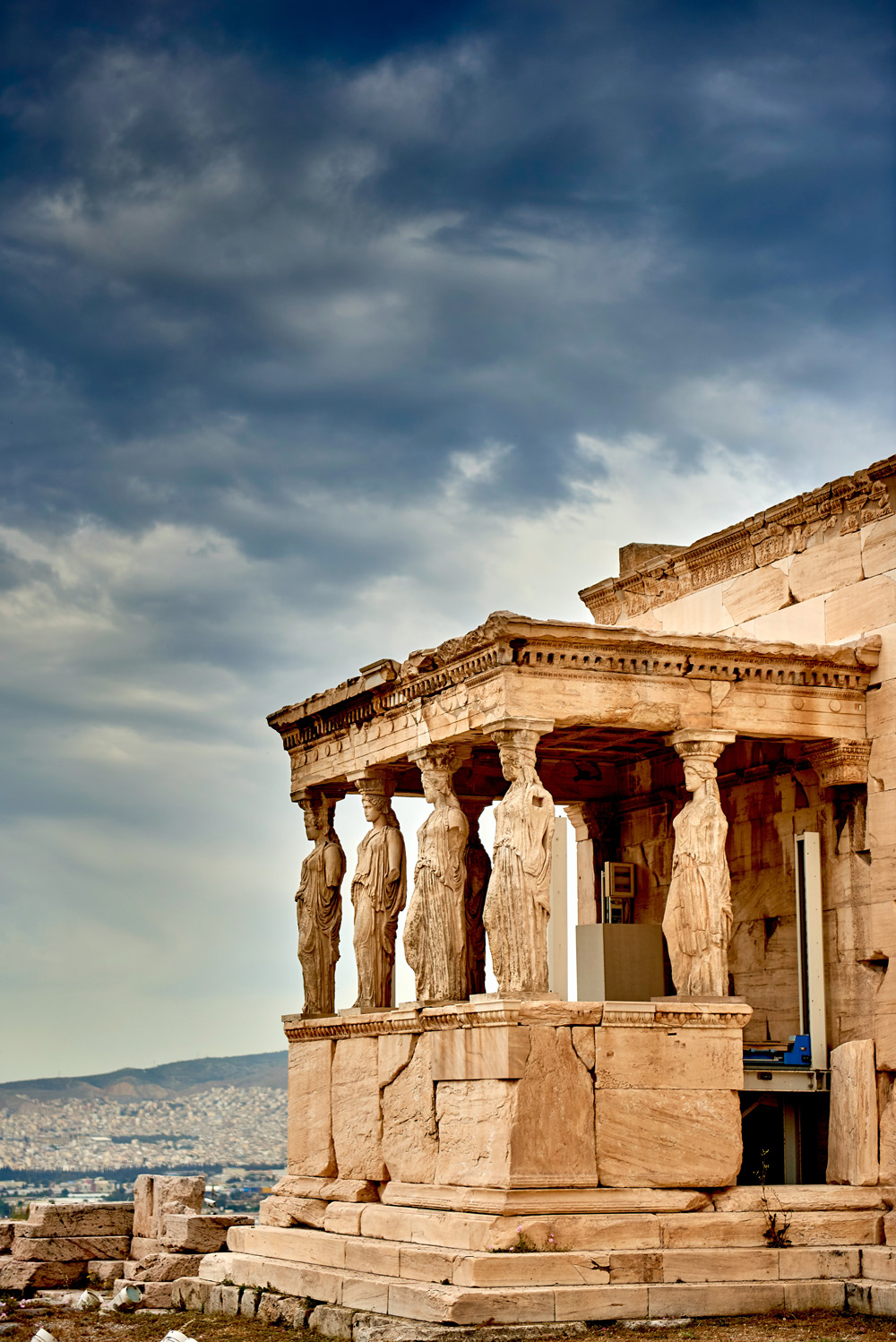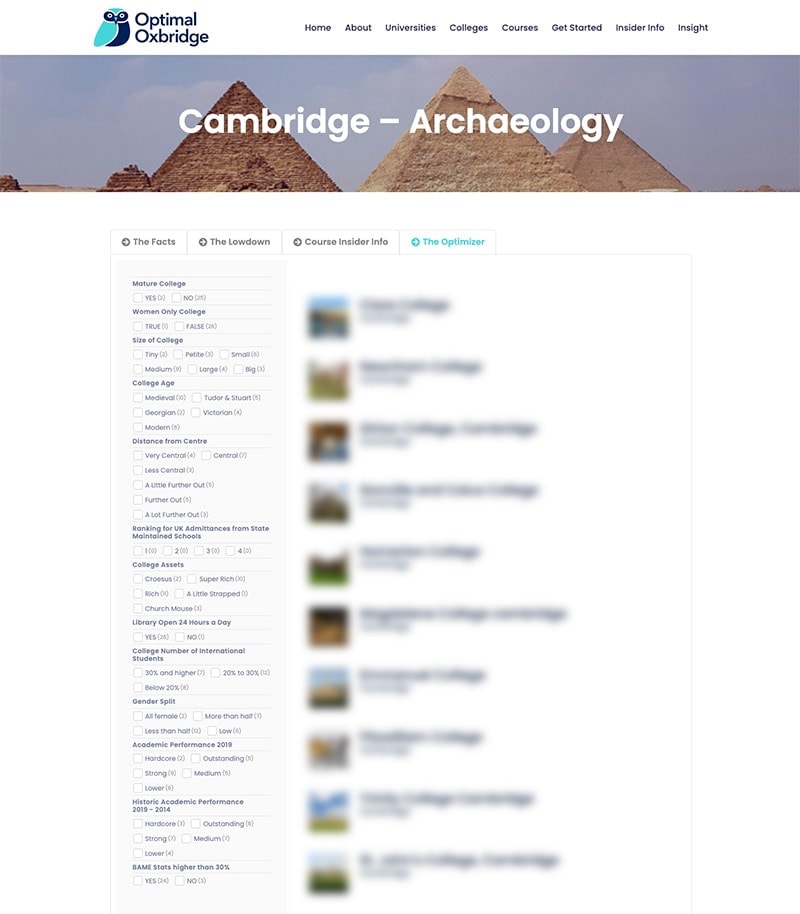Subscribe for full access to insider info and the optimizer.
Unlock access to the Optimizer and Insider Info
Let our optimizer help you find your college match faster. We’ll screen out the bad fits so that you can review the schools you’ll like best. Who knows? You might find a college you never knew existed.
The Facts
UCAS Code:
V400
Standard Requirements:
A levels| A*AA (Sometimes A*A*A at Churchill and Selwyn, Murray Edwards requires A* in essay subject or a language)
IB | 40-42, 776 in HL
For other qualifications, check the Cambridge University website.
Required Subjects:
None specified.
Advisable Subjects:
None stated by the university.
Combination of social sciences, sciences, humanities or arts
All colleges - One graded essay up to 1500 words. This work can be taken from your EPQ if you are taking an EPQ.
24 - (48% offered, 39% accepted)

The Lowdown
This course offers students the ability to cover a wide range of topics or hone in on their particular interests, and the flexibility of the course covers a huge span of different historical and geographical locations.
Cambridge is the perfect place to study Archaeology as you will have access to a wide range of facilities and relics, with a dedicated field unit, an IT suite, laboratories, libraries, University museums and collections, and the local Fitzwilliam Museum. Cambridge is also a thriving centre of historical discovery, with multiple ground-breaking archaeological findings in and around the city – you might just have the opportunity to be a part of history in the making.
In first year, you choose three options out of seven archaeology, language, or biological anthropology modules; your fourth can be another of these, or a paper from a parallel subject (PBS, Social Anthropology, Politics, or Sociology).
In your second and third years, you choose one of four pathways: Archaeology (using relics to make inferences about history), Assyriology or Egyptology (studying ancient Mesopotamia or Egypt respectively) or Biological Anthropology (interrogating the relationship between the natural and cultural sciences). For each of these, you take a variety of papers from the Archaeology department and parallel courses including PBS, HSPS and Classics.
For all (except Biological Anthropology), you must take a month-long study trip or fieldwork before your final year. These trips are usually faculty-funded. You will also have the option to write your own dissertation in your final year. Archaeology is one of the smallest courses at Cambridge, with an average intake of under 25 successful applicants, of which there are almost double the number of female applicants than male applicants.
Potential students should consider taking relevant A-Levels (or equivalent) such as Classics, Geography, History, Languages, sciences, or social sciences, although no specific A-Levels are necessary. Taking Archaeology at Cambridge will develop your data analysis, teamwork, and critical skills, which will set you up well for future work in heritage institutions, further research, and even such diverse areas as marketing. This is a small degree course, the joint smallest at Cambridge, tying with History & Modern Languages.
Unlock Insider Info
Get insider intel about how to increase your chances of being offered a place, plus access interviews tips and special questions.
The Optimizer
Unlock access to the optimizer
Let our optimizer help you find your college match faster. We’ll screen out the bad fits so that you can review the schools you’ll like best. Who knows? You might find a college you never knew existed.

